The Platy Project: Spotting Platypus and Supporting Waterways
The Platy Project: Spotting Platypus and Supporting Waterways
This spring, people across eastern Australia are invited to participate in the Platy Project, an exciting citizen science initiative that encourages locals to head down to their nearest waterway and search for one of Australia's most iconic creatures—the platypus. Running throughout September and October, the project aims to collect valuable data on platypus sightings to help bridge gaps in our understanding of where these elusive animals are (and aren’t) living.
Why is the Platy Project Important?
Platypus are not only fascinating creatures but also indicators of the health of our waterways. Healthy platypus populations suggest that the ecosystem is thriving. However, due to habitat degradation, pollution, and other environmental pressures, platypus numbers are under threat in many areas. The data collected from last year’s Platy Project has already provided researchers at the University of New South Wales (UNSW) with critical insights into where platypus populations are thriving—and where they are declining.
This year, the focus shifts to key regions, including the Northern Tablelands and the northwest slopes of New South Wales. Farmers and local community members play a pivotal role in this, as platypus sightings on rural properties could provide essential clues about the health of these regions’ waterways.
Who Can Get Involved and Why?
Anyone with an interest in nature can take part in the Platy Project, whether you're a seasoned wildlife enthusiast or simply enjoy spending time by the river. By participating, you'll be contributing directly to conservation efforts aimed at protecting platypus populations. Your observations will help researchers paint a clearer picture of platypus distribution across the landscape. This is especially valuable in rural areas, where waterways may be under less scrutiny than in urban centers.
Meet Dr. Gilad Bino: A Leader in Platypus Conservation
At the helm of the Platypus Conservation Initiative is Dr. Gilad Bino, a leading expert in the field of ecological research. With over two decades of experience in conservation, Dr. Bino and his team have dedicated the last eight years to studying platypus populations across their range. His work has been instrumental in identifying at-risk populations and informing efforts to protect the species and its habitat.
What Will You Learn at the River Walk and Talk?
As part of the Platy Project, local communities are invited to join a River Walk and Talk event, where you’ll have the opportunity to learn more about platypus and the importance of maintaining healthy waterways. Led by Dr. Bino and local experts, the walk will give participants firsthand knowledge about the ecology of platypus, how to identify signs of their presence, and the broader significance of their conservation. You’ll also learn how the health of your local river impacts not only platypus but also the surrounding environment and agricultural productivity.
So grab your binoculars and head to the river! Your participation in the Platy Project could make a real difference in safeguarding one of Australia’s most unique and beloved animals.
Join us in Platypus spotting at Manilla or Bendemeer on October 22. For meeting times and address click the towns below.

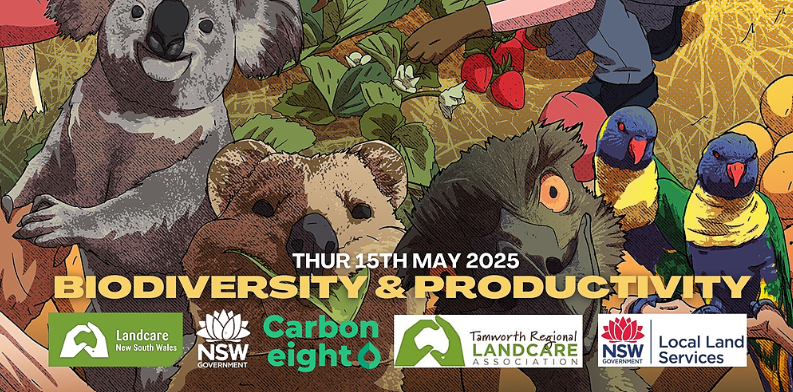


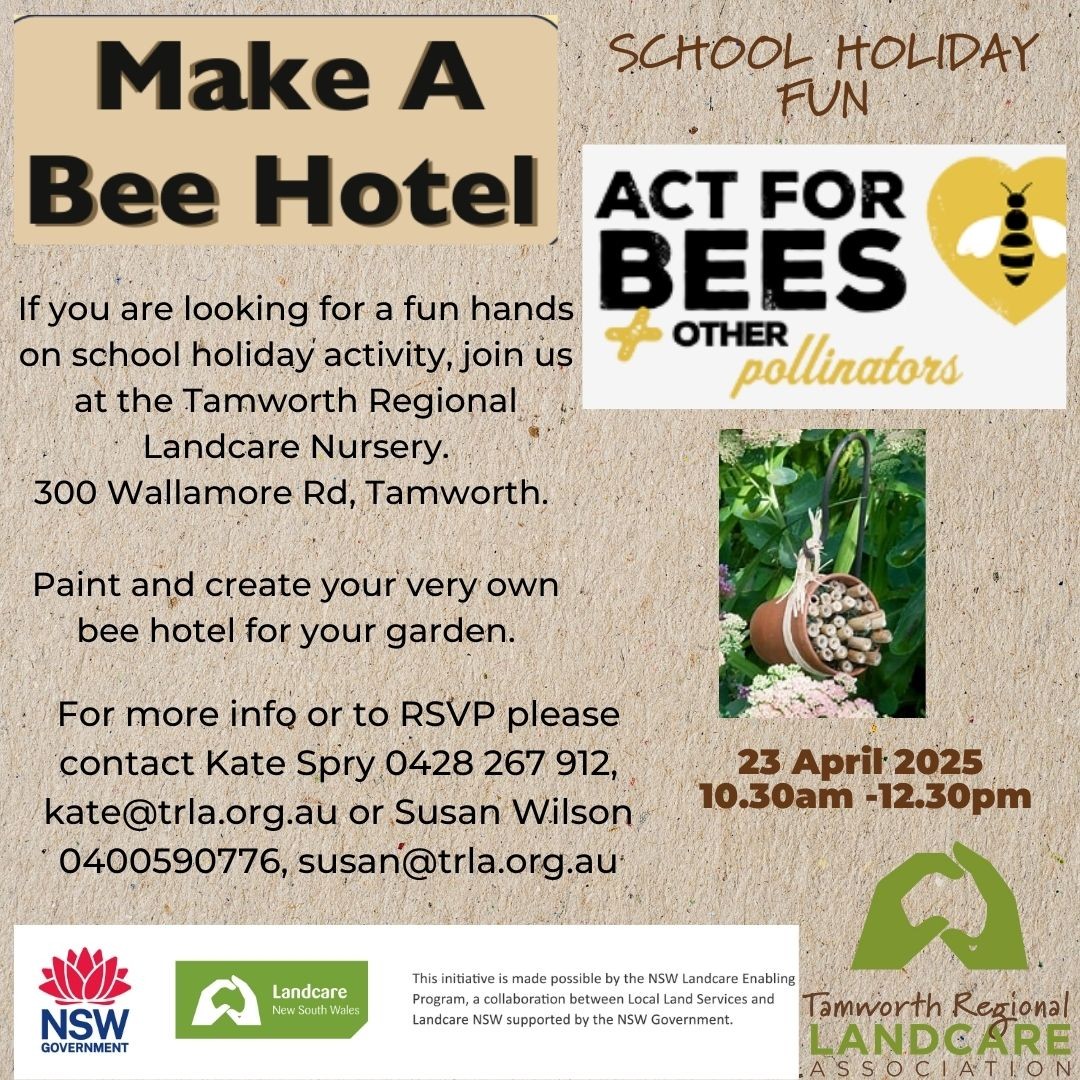
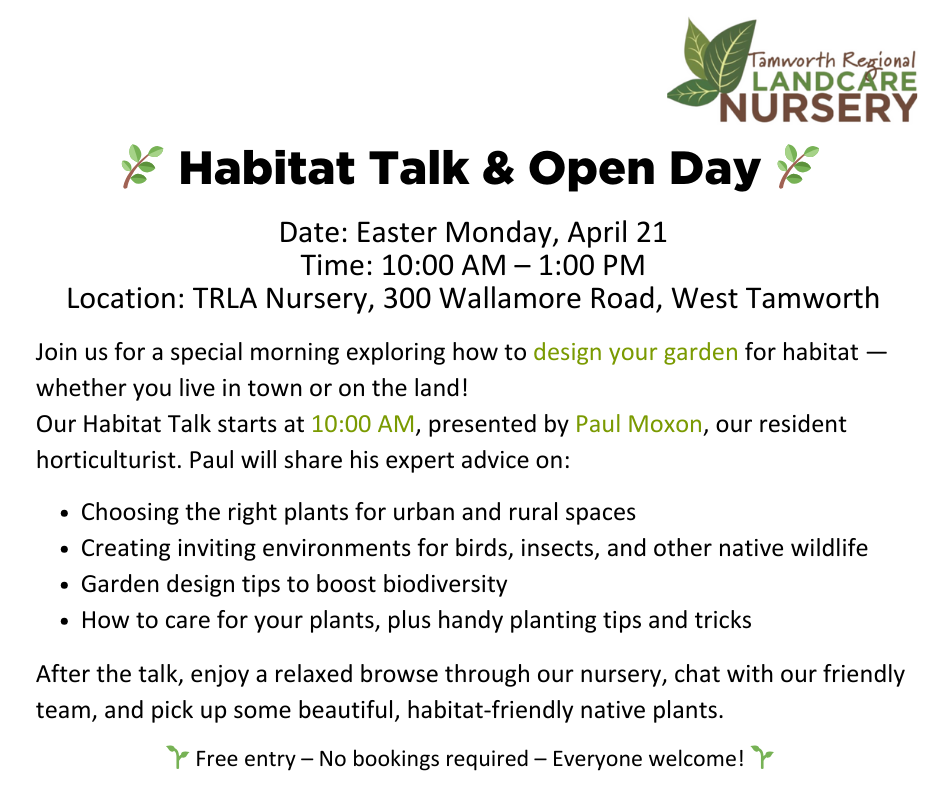
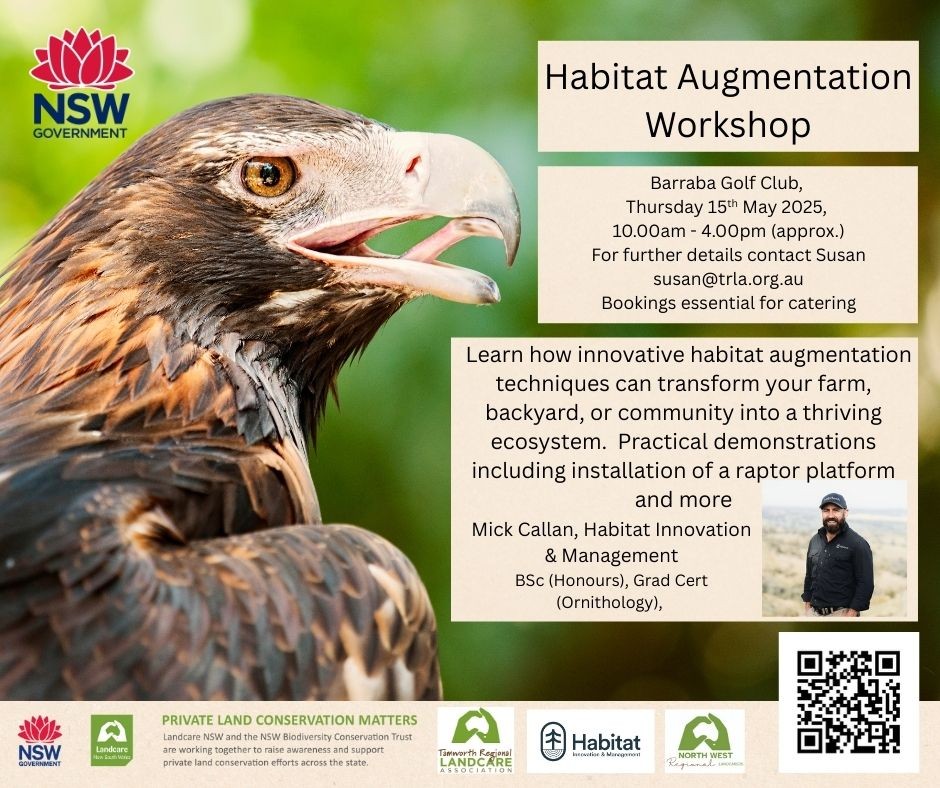
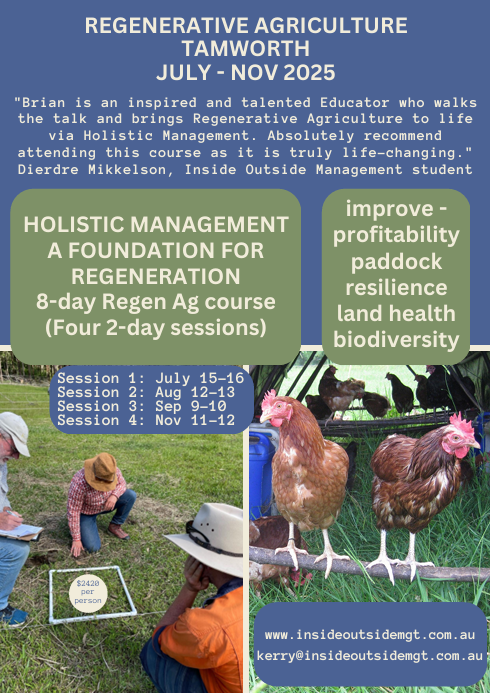
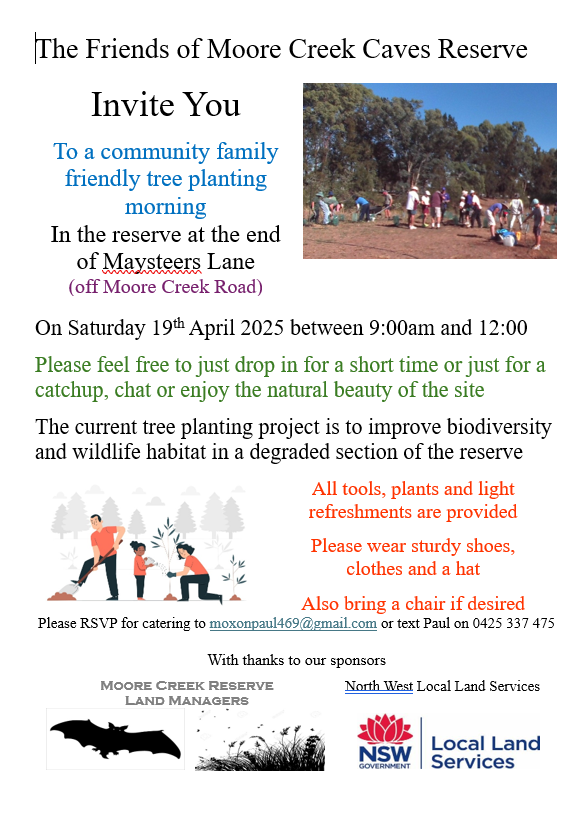
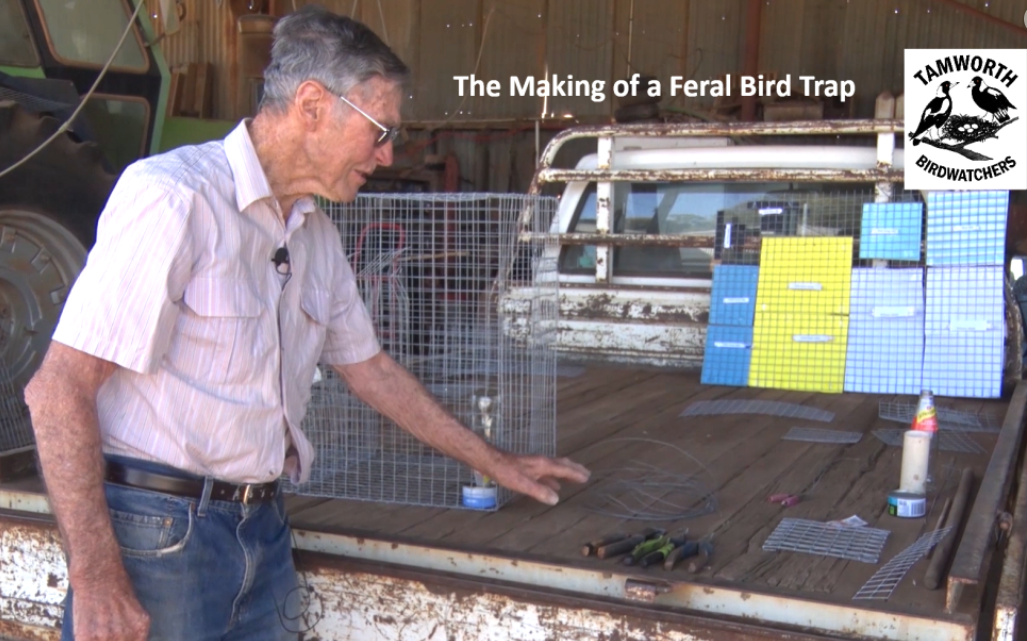

.png)
